This article was co-authored by Nancy Lin, PhD. Dr. Nancy Lin is a Licensed Clinical Psychologist and the Owner of Go to Sleep San Diego, a private practice providing therapy for people suffering from insomnia, trauma, depression, and related problems. She is also trained in issues related to cultural diversity in mental health. Dr. Lin holds a Bachelors degree in Psychology from The University of California, Berkeley and a Masters degree in Medical Anthropology from the University of London, SOAS. She earned her Ph.D. in Clinical Psychology from The University of Massachusetts Boston and completed an APA-accredited internship and postdoctoral training at the VA San Diego Healthcare System (VASDHS).
There are 17 references cited in this article, which can be found at the bottom of the page.
This article has been viewed 90,456 times.
Building trust in a person is hard enough, but when they break that trust, it can feel almost impossible to remain friends. Betrayal is one of the deepest emotional pains that you can feel. Psychologically, betrayal can be a very traumatic event and can lead to shock, grief, damaged self-esteem, self-doubt, and anger.[1] However, you might find yourself in a situation where you want to remain friends with the person who betrayed you. Although it's hard and it takes time, if you forgive them, work to rebuild the friendship, and take the right steps to set boundaries, becoming friends again with someone who betrayed you is possible.
Steps
Forgiving Them
-
1Talk to your friend about the betrayal. The first thing you need to do with your friend is clear the air about the betrayal and what caused it. During a conflict, communication is important because people will often assume and misinterpret other people's actions. Determine if your friend understood your feelings and figure out if they feel remorseful for their actions. Communicate your feeling to them and explain why you felt betrayed.[2]
- You can say something like, "I felt betrayed and felt like you didn't care about my feelings or well-being. It really put me in a negative space and made me feel like I didn't want to be your friend anymore."
- Avoid shaming or humiliating the person during the conversation. It creates a negative environment.
- Try to separate complaints about their personality with the act of betrayal that they committed. There may be things that you don't like about them, but you want to concentrate on the act of betrayal first.[3]
- The primary goal of talking to them is to come clean about how you feel and understand what their perspective is.
-
2Evaluate the betrayal. Sometimes an act of betrayal can be so severe that it's impossible for you to forgive someone. If you aren't willing to forgive someone, or the person feels no remorse for their actions, then true forgiveness may be unobtainable.[4] However, it's also important to evaluate the situation fairly, look at all sides, and be truthful to yourself. Perceived acts of betrayal may not be intentional, and could be a result of a lack of communication.
- Talking to a close friend or family member may help you evaluate the betrayal.
- Put yourself in their shoes and determine if you would have done the same things or would have felt inclined to do the same things.
Advertisement -
3Accept their apology. When you accept a person's apology, it isn't condoning their act of betrayal. Instead, it's understanding that your friend made a mistake. Accepting the apology does not mean that you instantly can forgive the person either. Forgiveness is a long process that can take years to achieve. The first step in forgiving them is accepting their apology.[5]
- You can say something like, "I don't agree what you did, but I can see how you would make that mistake. I accept your apology, but it might take a while for me to get over it."
- It's important to get what you want to say off your chest before hearing out the friend who betrayed you.
-
4Don't obsess over the betrayal. The psychological toll that betrayal can have on the mind can be immense and can include a morbid pre-occupation over the circumstances.[6] Obsessing over the betrayal even after you've talked to your friend is an unhealthy habit. Try redirecting your energy to something positive, constructive, or physical, like art, taking a class, or working out at the gym. It's normal and okay to feel upset, but you don't want it to damage your quality of life or overall happiness.
- If you have a hard time shifting to something positive, then try taking a moment to evaluate your thoughts. For example, you might find yourself thinking, “She betrayed me before, so it will happen again.”
- If this happens, ask yourself if this is the most likely outcome. Are there other possible outcomes? If so, what are they?
- Then, use this information to help you revise the thought. For example, you might revise your thought to something like, “I know that my friend feels really bad about what happened, and that she will do her best not to hurt me again.”[7]
-
5Try to show empathy for your friend. Showing empathy is the process of trying to understand someone else’s actions from their perspective. It is the process of putting yourself into someone else’s shoes to get a better understanding of why they say and do the things that they do.[8]
- Don't automatically assume the worst, like it was your friend's intention to hurt your feelings or that they acted in a vindictive manner. After talking to them, think about their motivations and what caused them to commit the act of betrayal. It may still not be the right thing to do, but at least you can try to understand why they did it.
- For example, if your friend went behind your back and told someone a secret about you, try to think about why she might have done that. For example, might she have been concerned about you? Or, is it possible that she was coerced into sharing the secret and gave in because she wanted to feel liked and accepted by the person or people she told?
-
6Remind yourself of what you gained through the betrayal. Sometimes we need bad experiences to put our relationships in perspective. Regardless of how badly it hurt you, there's a good chance that the betrayal taught you something. Think about how the experience made you grow as a person and realize that the betrayal may have unintentionally had positive impact.[9]
- For some people, this is a reminder that they should speak up and stand up for themselves more often, and for others, it may be a sign to communicate boundaries to their friends effectively.
Repairing the Friendship
-
1Give yourself time to regain trust. Trusting someone again after a betrayal takes time and continued effort. Your friend will have to continually show that they can be trusted and you will have to continually acknowledge the trustworthy things that your friend does and allow yourself time to heal from the past betrayal.[10]
- Think about what the person did to betray you and why it upset you so much. What did they do? Why did it hurt you so much? Try writing down what happened and why it was so upsetting to you. This will give you a chance to identify your feelings and examining them more closely.[11]
- Look at what your friend has done so far the show they are sorry. Has your friend apologized? Did it seem sincere? Have they done other things to show they are truly sorry? If so, then it will be easier to regain trust in the person, although the healing process will still take time. If not, then it might not be easy to trust the person. You might need to get a sincere apology before you will really start to trust the person again.[12]
- Try to be patient. It can take time to feel like you can trust someone again after a betrayal. Don’t feel like you have to rush to get the relationship back to where it was before the betrayal. Just allow it to progress at a natural pace.
-
2Allow some time to pass before spending time together. If you have managed to forgive your friend, hanging out with them immediately after the betrayal is sometimes not the best idea. Allow time - a few days, a few weeks - for both of you to think about your actions. Time will also let your friend take reflect on what they did and better understand your perspective.[13]
- If you don't allow any time to pass, there's a chance that your feelings have not settled, and the same argument can arise again.[14]
- Hang out with your other friends more often.
-
3Apologize if you did anything to hurt them. Sometimes betrayal isn't simple and situations can get complex. If you did anything to hurt your friend or you lashed out after they betrayed you, you should apologize for your actions as well.[15]
- You can say something like, "I reacted badly because my feelings were hurt. I'm sorry for yelling at you and calling you names."
- Apologizing to them may also make them more open to talking to you and taking responsibility for their actions.[16]
-
4Reach out and ask them to hang out. Even though you were the one who was betrayed, you may need to reach out to your friend first. They may think that you dislike them, or don't want to see them anymore. Being the one to initiate spending time together will show them that you're dedicated to the relationship.
- Only ask to hang out after you've fully forgiven the person.
-
5Have fun with them. While it's important to talk about the betrayal and your feelings, concentrating on the event or situation can take away the fun from your friendship. Remember to do things that you both enjoy, and try to remember what made you friends in the first place by revisiting fun events or doing fun activities with them.
- This can be going to a movie that you both want to see, participating in a sport, going to a museum you both like, or playing a video game.
Avoiding Future Problems
-
1Set clear boundaries and let them know your feelings. After you've repaired your relationship and forgiven your friend, it's important to let them know that their behavior is not acceptable and won't be tolerated in the future. The first time they betrayed you could be blamed on ignorance or a misunderstanding. However if you explicitly tell them your feelings, and they cross the line again, you know that you did everything you could.[17]
- When you speak to the person about your boundaries and feelings, make sure to be assertive. Internalize how you feel and how you want to be treated, then communicate it in the most assertive way you can, without being angry or mean.[18]
- Be open and honest with them. Don't hold things back to preserve their feelings.
- You can say something like, "I've forgiven you for what you did, but you can't do it again. It hurts my feelings, makes me feel betrayed, and is just not what I want in a friend."
-
2Talk about your frustrations with another friend or family member. The act of talking to a friend about your frustrations can make you feel like you have someone who understands and is there for you. This can reduce your stress and help you work out your feelings before a problem arises. They are also may be an excellent source for advice.[19]
-
3Consider letting your friend go if they keep betraying you. If this is a repeating pattern in your friendship, it may be time to let your friend go. If you both have inherently different personalities or moral values, then betrayal can happen again and again. An important factor to repairing a relationship that's been ruined by betrayal is an understanding that the behavior was wrong in the first place. If they can't see why you are upset or don't care, then you may have to detach yourself from them.[20]
- If you have mutual friends, you can be cordial during social situations, but you don't have to be close friends.
- Determine if they are likely to betray you again and how you would feel if they did so.
-
4Don't carry the baggage to new friendships. Pain from a bad friendship can make you act differently in future friendships. Instead of punishing new friends for things that trigger bad memories of betrayal, have open and honest conversations with them about how you've been betrayed in the past. Get to know their intentions and motivations before assuming anything, and treat each person as an individual.[21]
- All people are different and just because one friend betrayed you does not mean that other friends will.
References
- ↑ http://www.sciencedirect.com/science/article/pii/S0005796709002848
- ↑ https://www.cbc.ca/life/wellness/how-to-forgive-a-friend-who-has-betrayed-you-1.4795371
- ↑ http://greatergood.berkeley.edu/article/item/surviving_betrayal
- ↑ https://www.psychologytoday.com/blog/mindful-anger/201409/how-do-you-forgive-even-when-it-feels-impossible-part-1
- ↑ https://www.psychologytoday.com/blog/mindful-anger/201409/how-do-you-forgive-even-when-it-feels-impossible-part-1
- ↑ http://www.sciencedirect.com/science/article/pii/S0005796709002848
- ↑ http://downloads.bbc.co.uk/headroom/cbt/catch_it.pdf
- ↑ https://greatergood.berkeley.edu/article/item/surviving_betrayal
- ↑ https://greatergood.berkeley.edu/article/item/eight_keys_to_forgiveness
- ↑ https://www.cbc.ca/life/wellness/how-to-forgive-a-friend-who-has-betrayed-you-1.4795371
- ↑ https://www.psychologytoday.com/blog/is-psychology-making-us-sick/201310/building-repairing-trust-keys-sustainable-relationship
- ↑ https://www.psychologytoday.com/blog/is-psychology-making-us-sick/201310/building-repairing-trust-keys-sustainable-relationship
- ↑ https://stanfordmag.org/contents/8-tips-for-forgiving-someone-who-hurt-you
- ↑ http://tinybuddha.com/blog/how-to-mend-a-broken-friendship-even-if-youre-not-on-speaking-terms/
- ↑ https://au.reachout.com/articles/how-to-say-sorry-and-mean-it
- ↑ http://www.huffingtonpost.com/rebecca-bent/how-to-fix-a-friendship_b_798477.html
- ↑ https://www.youngminds.org.uk/young-person/blog/how-i-learnt-to-set-boundaries-with-a-friend-for-my-mental-health/
- ↑ http://psychcentral.com/lib/10-way-to-build-and-preserve-better-boundaries/
- ↑ https://au.reachout.com/articles/dealing-with-a-toxic-friendship
- ↑ https://au.reachout.com/articles/3-ways-to-end-a-toxic-friendship
- ↑ https://au.reachout.com/articles/what-makes-a-good-friend


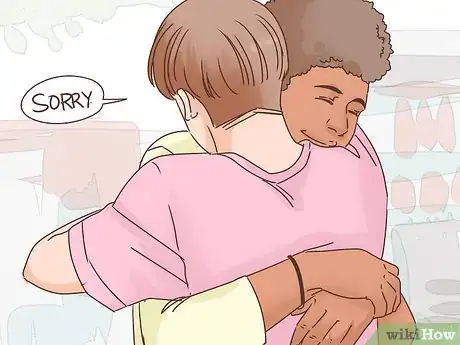
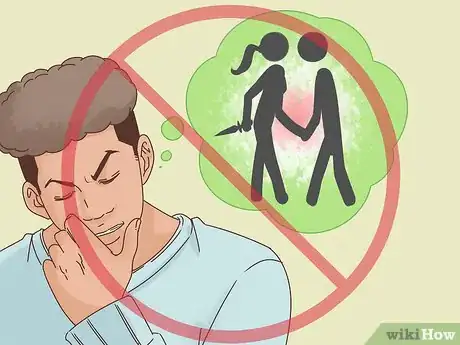




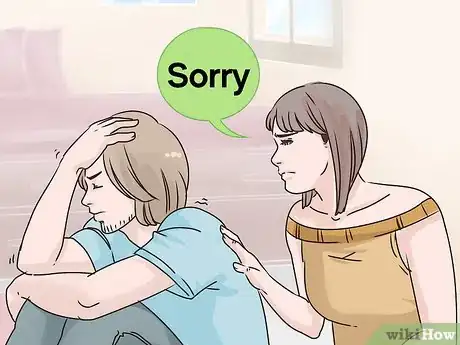


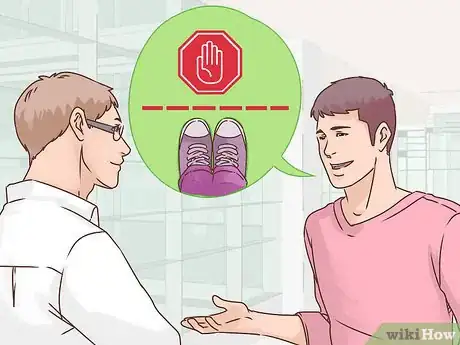
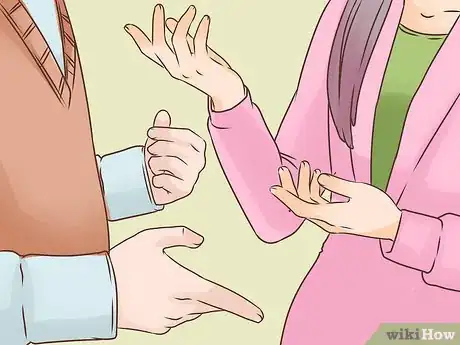
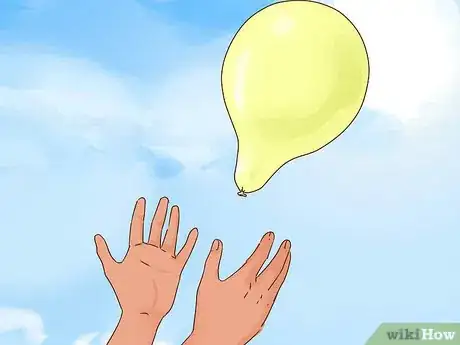
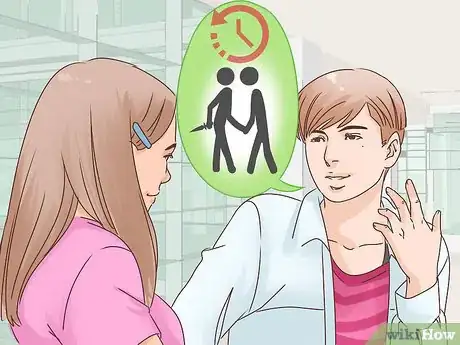
-Step-12.webp)

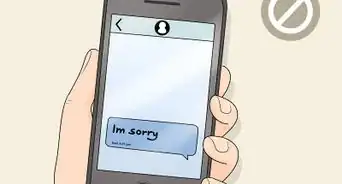




















-Step-12.webp)





































